|
Heading back to school can be exciting, but it can also be stressful. Here are some tips to help the school year start of well. 1. Make sure that you are mentally prepared and refreshed so that you will have the energy for the first few weeks. It is amazing how tired teachers can get the first few weeks of school. Take some time for yourself and allow yourself to be pampered. You are worth it and you will find that you have more energy and stamina if you go into the year refreshed and relaxed. 2. Have a plan for organizing your classroom, but don't worry about it being just perfect. You can always tweak it later. The main thing is to have the basics in place so that you can welcome in your students and begin working with them. Perhaps they can help you to make the classroom their own by adding some of their own ideas and decor during the first few weeks. 3. Change up your room a bit even if you plan on using the same decor. It has the same affect as doing spring cleaning and working around the yard tidying it up after the winter. Things are fresh again and organized. I found that this was great for the kids as well. In our schools we get the same students back for the first week or two as the new classes are organized. Sometimes with split grades, some of the students will also be in your class for a second year. Having a different arrangement of furniture or a change in the way things looks helps them to feel like they are moving on also. 4. Begin the first few classes with a focus on class community, self esteem activities, and review or introduction of school and classroom routines. This will pay big time in the months to come. When kids know that you care about them, they will be more willing to engage and work for you. It isn't about making buddies with them, you are the teacher and they are the students, but rather it is gaining their respect by showing kindness and respect. 5. Share some of your life with your students. Let them know a bit about who you are outside of the classroom. I loved to share stories about my family and my pets with my students. They would often refer to them throughout the year and want to know more. Little things can mean a lot. My students loved singing Happy Birthday to my mom or my kids. I would put them on speaker phone and they would sing. My mom still remembers those calls and how special they made her feel. 6. Be consistent and follow through when you set routines and consequences. If you let up on these, the kids will push the boundaries and it will be tough to get them to believe what you say. They will test you to see if you mean what you say. When they realize that you mean it, they will stop pushing so hard. If the routines and consequences make sense and they have been explained and accepted as part of the class rules, then it will be easier to enforce them as well. 7. Have a schedule to follow and lessons prepared, but be willing to throw it out or postpone it for teachable moments. If something happens during the day that is relevant to your students, it deserves to be allowed to be discussed, explored, and experienced. Kids learn more from teachable moments than they do from a structured lesson that is presented at the wrong time. No matter how fabulous the lesson is, if it is taught at the wrong time, it won't have the same impact. 8. Differentiate when necessary. Every child comes to school with different needs and abilities. It doesn't work to try and teach exactly the same material to each one. Although it takes time and some extra planning, differentiating the subject will allow everyone to engage and experience some success. Sometimes this might be as simple as finding reading material of different levels on the same topic. Or maybe it might be reducing the number of questions to do on a written assignment, answering orally instead of writing things down, or showing learning in a different way. Varying teaching styles to reach the different types of learners might also work well. 9. Make sure that you have brain breaks or physical movement added to your day. Nobody works well without breaks. Think about what things you start to do when it is time to write report cards. If you are anything like me, you will write for a bit and then need to do something different before continuing. You want to avoid doing them so you look for reasons to take breaks as well. This feeling could be the same for your students. Not everyone enjoys doing seat work for long periods of time. 10. Have fun with your students. If your students are happy they will enjoy learning. If you are happy, you will enjoy teaching more. Teaching can be hard enough nowadays with all the added pressures of assessment, social and political environments, and burnout. You need to do things to protect yourself from the stress these things cause. Laughing and enjoying your classroom experiences with your students is one way to do this. Well, there you have it. I hope these tips help. I wish you a happy and fulfilling new school year. I would love to hear about some of the other tips you might have. Add them into the comments below. If you are interested in checking out some of the materials that I use for starting up the school year, click here. I have been adding a line of French products to my store lately. If you teach French Immersion or French as a Second Language, you can check these products out here. Related Posts
0 Comments
Leave a Reply. |
About Me Charlene Sequeira
I am a wife, mother of 4, grandmother of 9, and a retired primary and music teacher. I love working with kids and continue to volunteer at school and teach ukulele. Categories
All
|

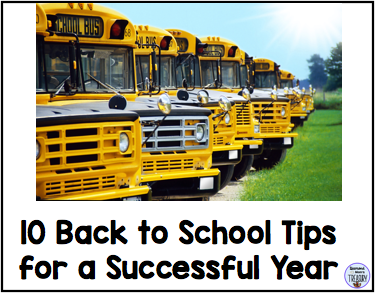
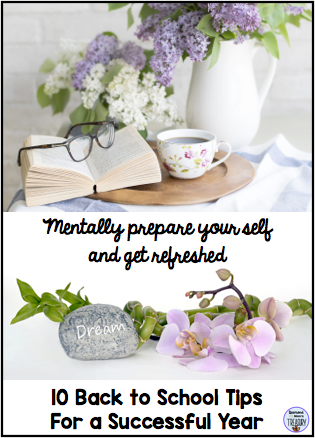
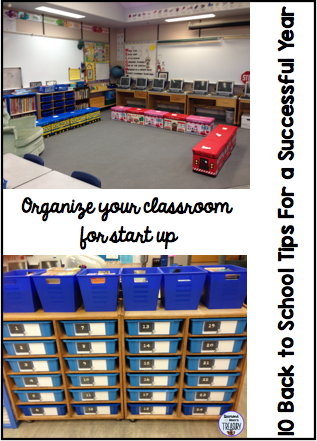
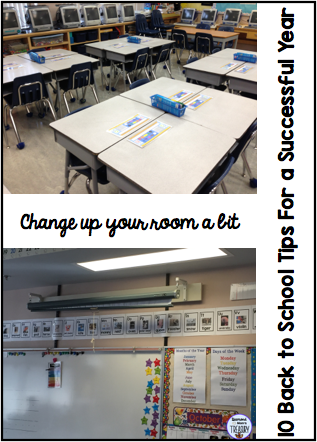
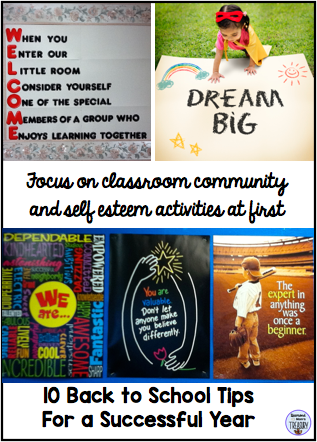
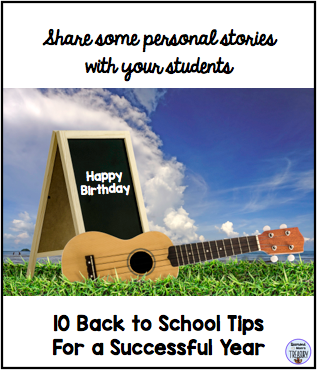
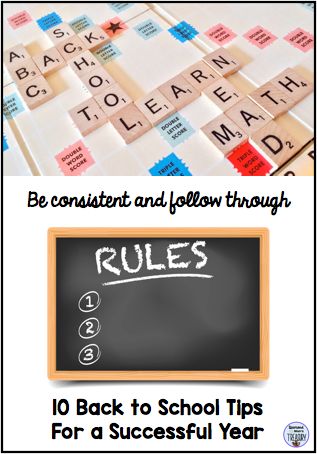
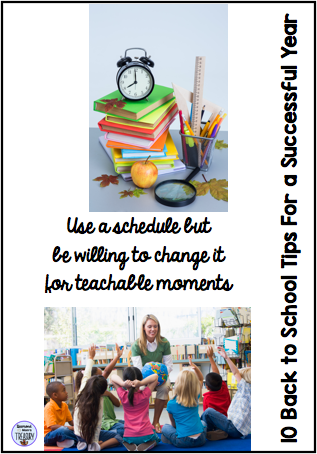
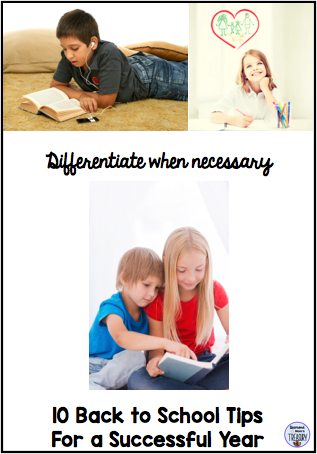
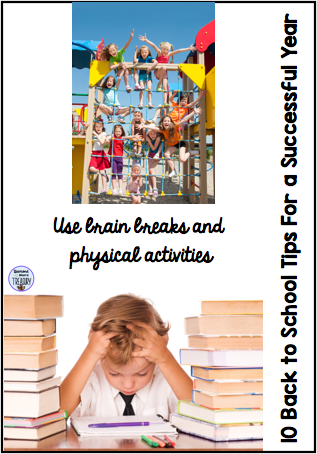
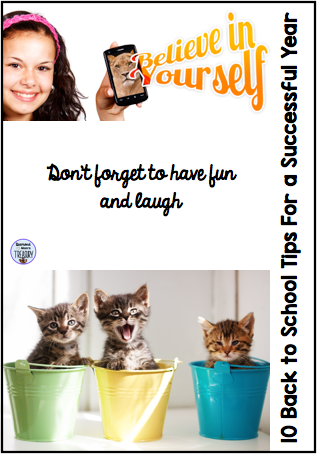






 RSS Feed
RSS Feed